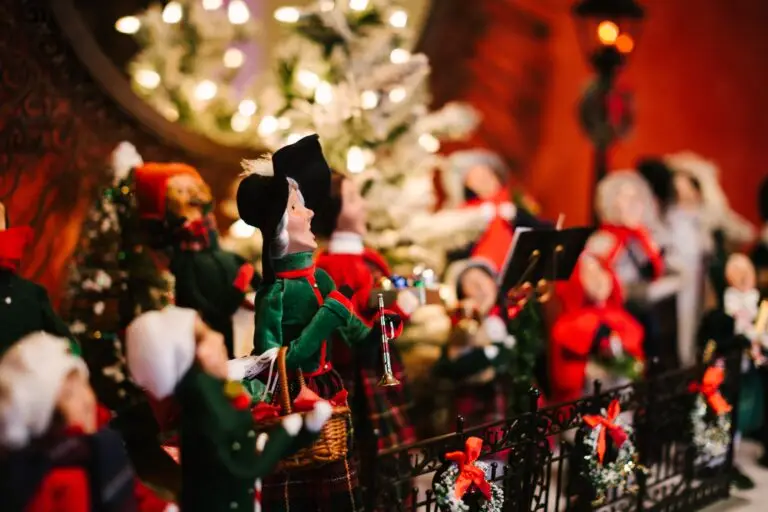This article was written by state missionary Rob Jackson.
As you teach this Christmas, acknowledge God’s sovereignty. Christmas is, first and foremost, about God. He is Lord and works in and through all things for His glory. An excellent illustration of this truth is found in our beloved Christmas carol, “O Holy Night.” Some interesting facts:
1. “O Holy Night” has a history that dates back to the mid-19th century. Placide Cappeau, a French poet, wrote the lyrics, and the music was composed by Adolphe Adam, a French composer.
2. Cappeau was an atheist and an outspoken adversary of the church. His skill in writing prompted a parish priest to ask him to pen a poem for Christmas. Cappeau initially hesitated but eventually agreed. Inspired by the Gospel of Luke, he wrote the poem “Cantique de Noël” (“Song of Christmas”) in 1847.
3. Local opera singer Emily Laurie wanted to sing “Song of Christmas.” She gave it to her Jewish friend, Adolphe Adam, known for his ballet compositions. A non-believer, he put music to these lyrics. This song was first performed on Christmas Eve of 1847 in Roquemaure, a small town in Southern France.
4. “O Holy Night” was initially banned by the Catholic Church because of its non-Christian origin.
5. A liberal Unitarian “minister,” John Dwight, translated “O Holy Night” into English in 1855.
6. “O Holy Night” went “viral” in the United States after it was performed at the Christmas Eve service in 1906 by Reginald Fessenden, a Canadian inventor and radio pioneer. This broadcast is one of the first instances of a musical broadcast over the radio.
7. “O Holy Night”‘s profound lyrics and expressive melody continue to resonate with people, making it a timeless and beloved holiday classic filled with Biblical truth. As we sing “fall on your knees,” we are reminded that all people, even those who do not know Christ, will one day fall on their knees and worship our Lord (Philippians 2:10-11). We also acknowledge that God works in and through all people and circumstances, as evidenced by “O Holy Night” being composed by non-believers. Nevertheless, Immanuel, the Sovereign Lord, uses it for His glory!
There is much power in our Christmas carols. Now is the time to capitalize on the influence of these songs as we teach the true meaning of Christmas and draw people to the Prince of Peace.



